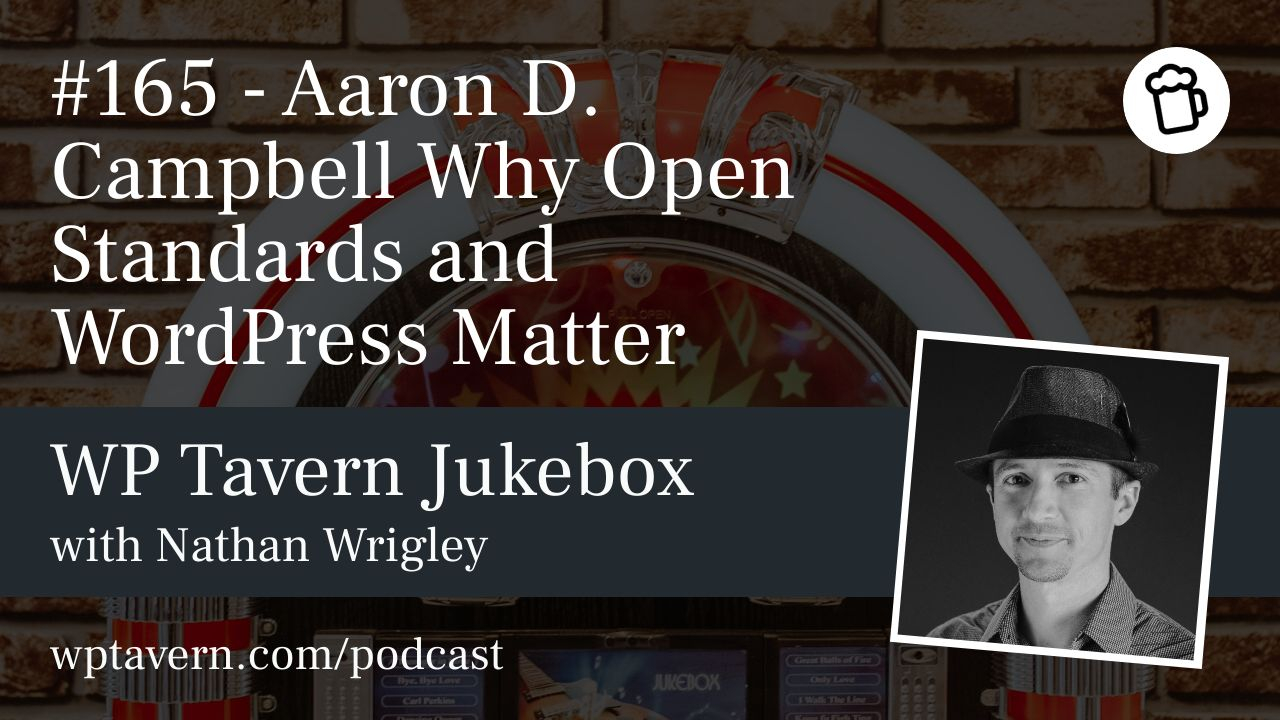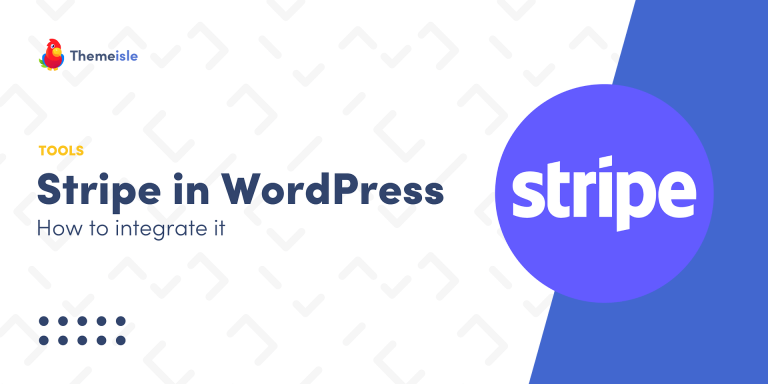Nathan Wrigley interviews Aaron D. Campbell at WordCamp Asia about the importance of the open web, open standards, and WordPress’s role as a counterbalance to closed platforms.
Aaron is an international speaker, open source advocate, and longtime WordPress contributor. He’s worked on releases, led the security team, helped organize WordCamp US, and now serves as director of product at A2 Hosting. His commitment to WordPress stems from its role in preserving choice and interoperability on the web.
Defining the open web
Aaron explains that the open web began with open standards—HTTP, HTML and other protocols that let information flow freely and be implemented by anyone. Open web means interoperability and portability: the ability to take your data, content, or business to another provider without losing control. Open source is part of this, but openness is broader: it’s about freedom to own and move your stuff.
He contrasts that with closed platforms, where users can be effectively trapped. If a seller relies on a closed social platform and that platform forbids their products, migration becomes difficult or impossible. With WordPress, users and site owners can move hosts or platforms and retain ownership and control.
Origins and purpose of the internet
The internet started as an academic, information-sharing endeavor focused on connecting siloed networks at universities and government agencies. This openness enabled unprecedented collaboration and learning. Today, Aaron says, the internet continues to allow forms of collaboration and knowledge exchange that were unimaginable before—for example, real-time collaboration among specialists across countries.
Open vs closed across layers
Not every layer of the internet needs to be open for the web to function. Hardware and proprietary systems can coexist with open standards. The risk comes when a single company or technology becomes the only viable option for moving or accessing information. Openness across layers, especially around data and protocols that govern user content and interaction, is crucial to prevent unhealthy lock-in.
Why openness matters now
Aaron underscores how the internet enables rapid global collaboration—professionals connecting across continents, instant sharing of knowledge—that accelerates human progress. The concern is closed, for-profit platforms whose core motive is maximizing engagement or profit, sometimes at the expense of users, public discourse, or competition. When proprietary platforms lock data and audiences, it restricts choice, reduces accountability, and concentrates power.
Profit, openness, and sustainability
Profit isn’t inherently bad. Aaron argues that sustainable businesses that profit from open systems can support longevity and continued development. Many companies make money building on WordPress while helping maintain an open ecosystem where customers own their data. The problem arises when profit motives align with lock-in and when a platform becomes the only dominant option.
WordPress represents a balance: a largely open, volunteer-driven project that nonetheless benefits from a commercial ecosystem of hosting companies, agencies, and vendors. That mix helps ensure longevity and continuous improvement, but it also requires vigilance to avoid undue influence by commercial players.
Protocols and platform competition
Nathan and Aaron discuss the notion that the web should be built on open protocols rather than proprietary platforms. Open protocols like ActivityPub or AT Protocol could allow different services to interoperate while each provider offers distinct user experiences. That interoperability reduces lock-in and forces platforms to compete on quality rather than control of user data.
Will large platforms adopt open protocols? Aaron is skeptical that incumbent giants will migrate their core services voluntarily since lock-in is a core strategic advantage. He suggests incentives for them include reduced duplication of effort—shared standards mean shared maintenance and improvement—and the ability to attract users by offering a superior experience on a shared foundation. Still, he expects new platforms to be the likelier early adopters of open standards.
Getting open to be the default
How do we make openness the default given market forces that favor closed giants? Aaron calls this the billion-dollar question. He says coordination among companies and individuals in the open space is essential. Initiatives such as the Scale Consortium—enterprise WordPress agencies collaborating on marketing and strategy—show how rivals in a cooperative ecosystem can pool resources to grow the market. WordPress’s “coopetition” model, where competing companies collaborate to grow the overall pie, is a strength: a rising tide lifts all ships.
Engaging younger generations
There’s a demographic challenge: many young people are deeply embedded in closed platforms like TikTok and Instagram and may not appreciate the risks of lock-in until they experience losses firsthand. Aaron notes the difficulty of conveying these concerns to youth who haven’t yet had those negative experiences. Education and broader awareness are needed, but real understanding often comes from experience.
WordPress as an example of the open web
Aaron sees WordPress as a pillar of the open web: imperfect but largely successful at promoting openness and interoperability for more than two decades. It has had missteps and single points of failure, but overall it shows how an open ecosystem backed by diverse commercial interests and volunteers can thrive. He believes WordPress has pushed the web toward more openness and that continued collaboration between volunteers and businesses is key.
Final thoughts
Both agree the internet has transformed collaboration and access to information. The debate between openness and closed, profit-driven platforms will continue, but the WordPress community’s model of cooperative competition offers a pathway to expanded open alternatives. If more companies and new platforms embrace open protocols and data portability, the web can remain a place where choice, accountability, and innovation flourish.
For listeners interested in more, Nathan mentions show notes and links at wptavern.com/podcast and references the Scale Consortium (scaleconsortium.com) as an example of coordinated enterprise-level efforts to promote WordPress and the open web.




